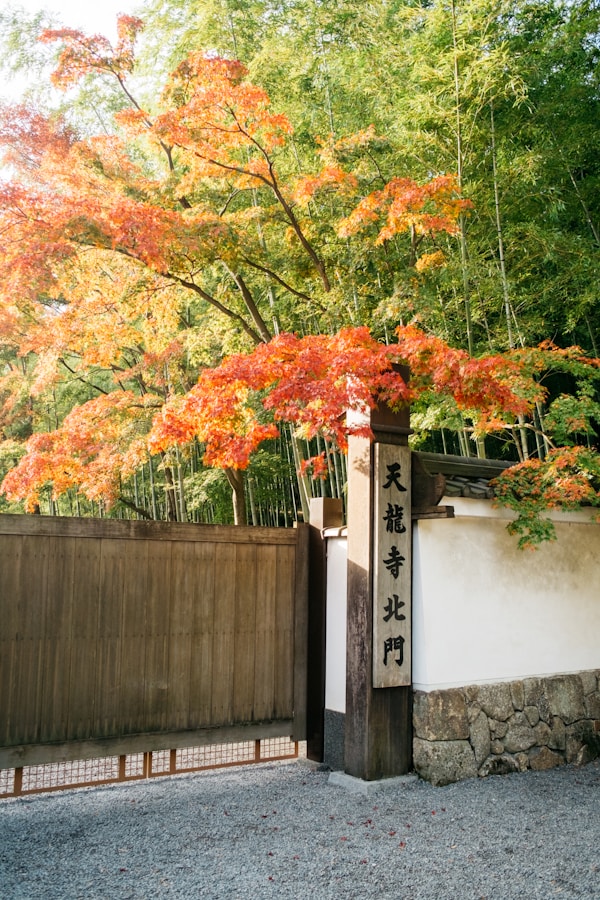.svg)
Local Reuse Shops: Where to Find Vintage Japanese Furniture
.svg)
.svg)
.svg)

Not sure whether to sell or rent your home in Japan? Explore the pros and cons of each option, including tax implications, market trends, and what’s best for akiya and rural properties.


If you own a home in Japan and are considering what to do with it—especially if it’s an older house, akiya (vacant property), or second home—you might be wondering: should I sell or rent my property?
The right choice depends on your financial goals, the condition of the property, its location, and how involved you want to be as a homeowner or landlord. This guide breaks down the pros and cons of selling vs. renting to help you make the best decision.

Many homeowners with akiya are unsure whether renting is even an option. Here’s what to consider:
✔ Easier if the home needs major repairs or is in a remote location.
✔ Platforms like Old Houses Japan help connect sellers with buyers who want fixer-uppers.
✔ Government grants may help buyers with renovation costs, increasing your chances of selling.
✔ May be possible if the home is in livable condition or renovated.
✔ Consider offering it as a long-term rental, guesthouse, or countryside retreat.
✔ Some owners convert akiya into monthly stays for digital nomads or domestic travelers.
✔ Rental yield may be lower in remote areas but higher if the home is unique or scenic.
There’s no one-size-fits-all answer. Selling might make sense if you want to simplify and walk away, while renting could be right if you’re looking for steady returns and future flexibility.
✔ If your home is old, hard to access, or needs repairs—selling is often the easier route.
✔ If the home is in a desirable area and in good shape—renting might offer better long-term benefits.
✔ If you’re unsure, consider talking to a real estate professional who understands the Japanese market.
At Old Houses Japan, we help homeowners evaluate their options and make informed decisions. Whether you want to list your home for sale or explore renting opportunities, we’re here to guide you. Book a call today and let’s explore what’s best for your property!
Start your journey with Luxey today! Sign up for free and get instant access to the best property listings.



